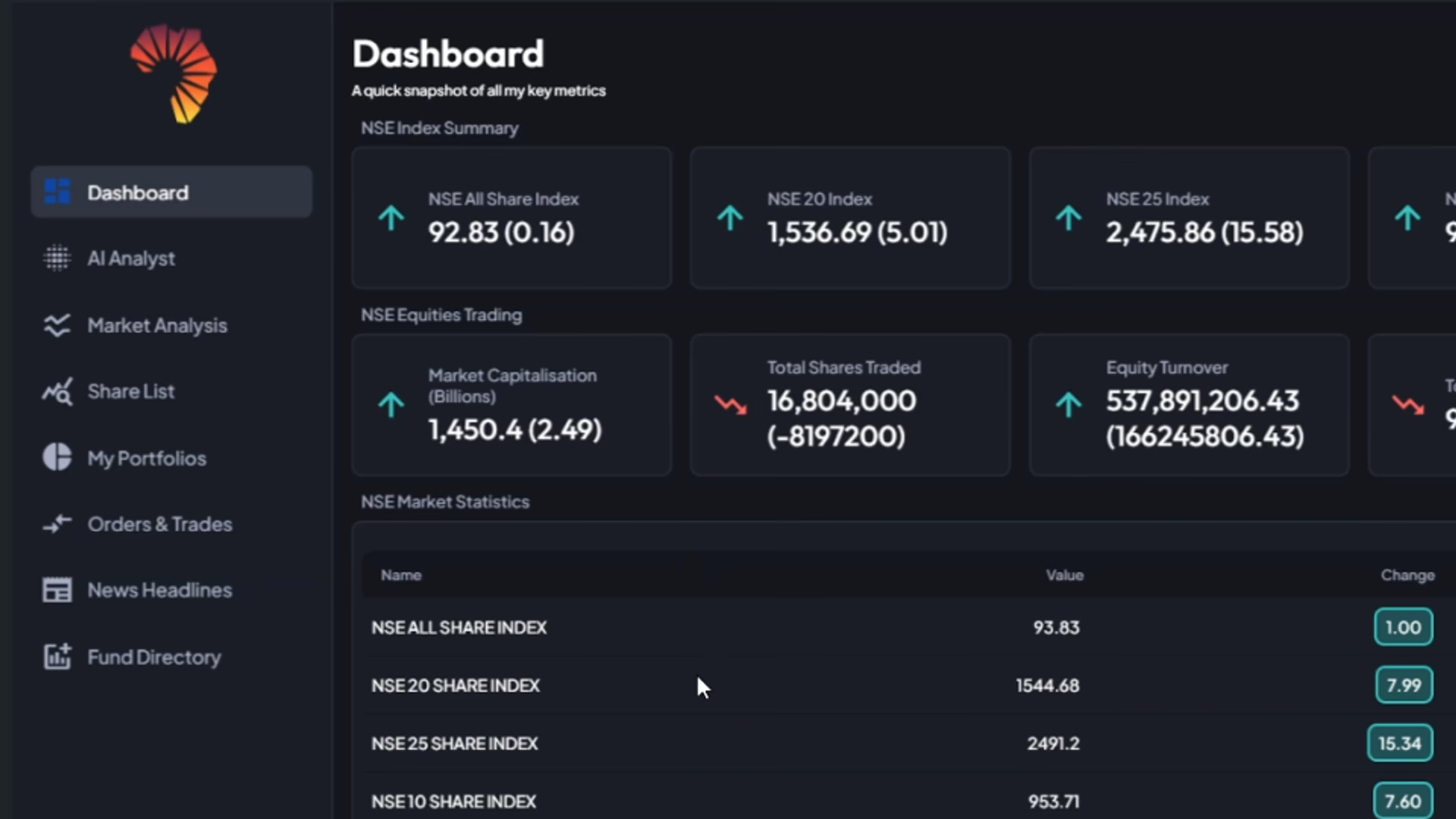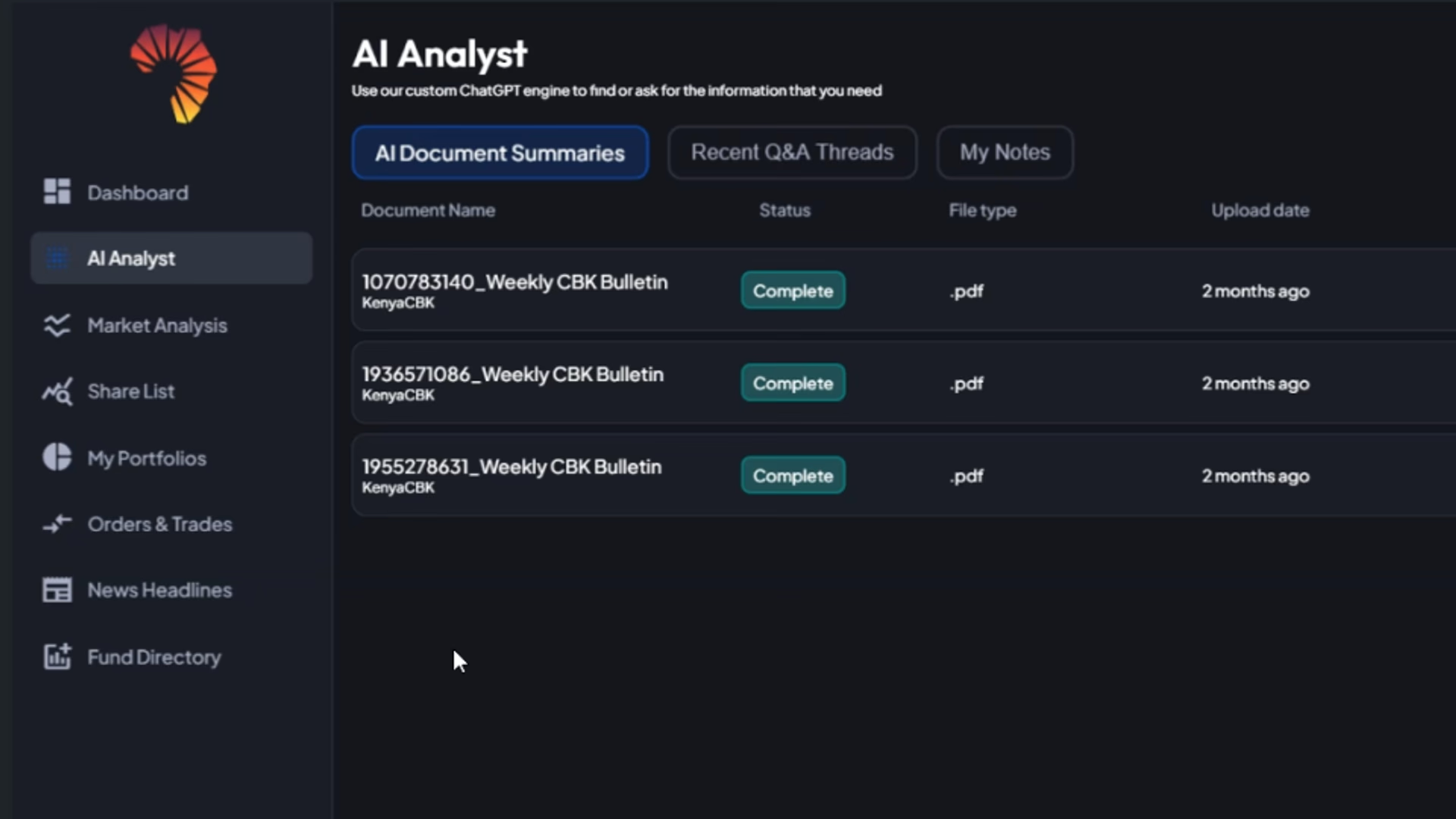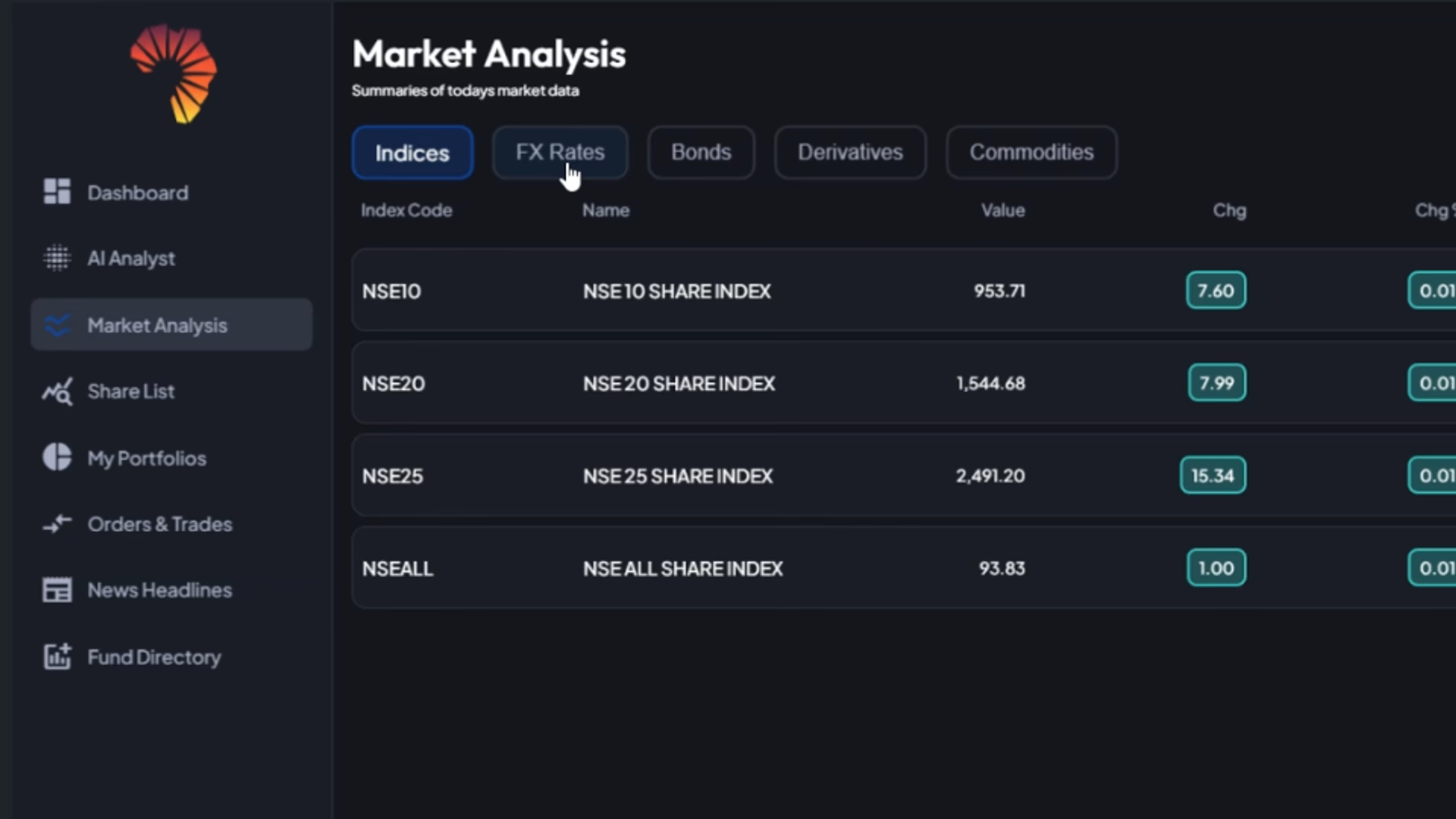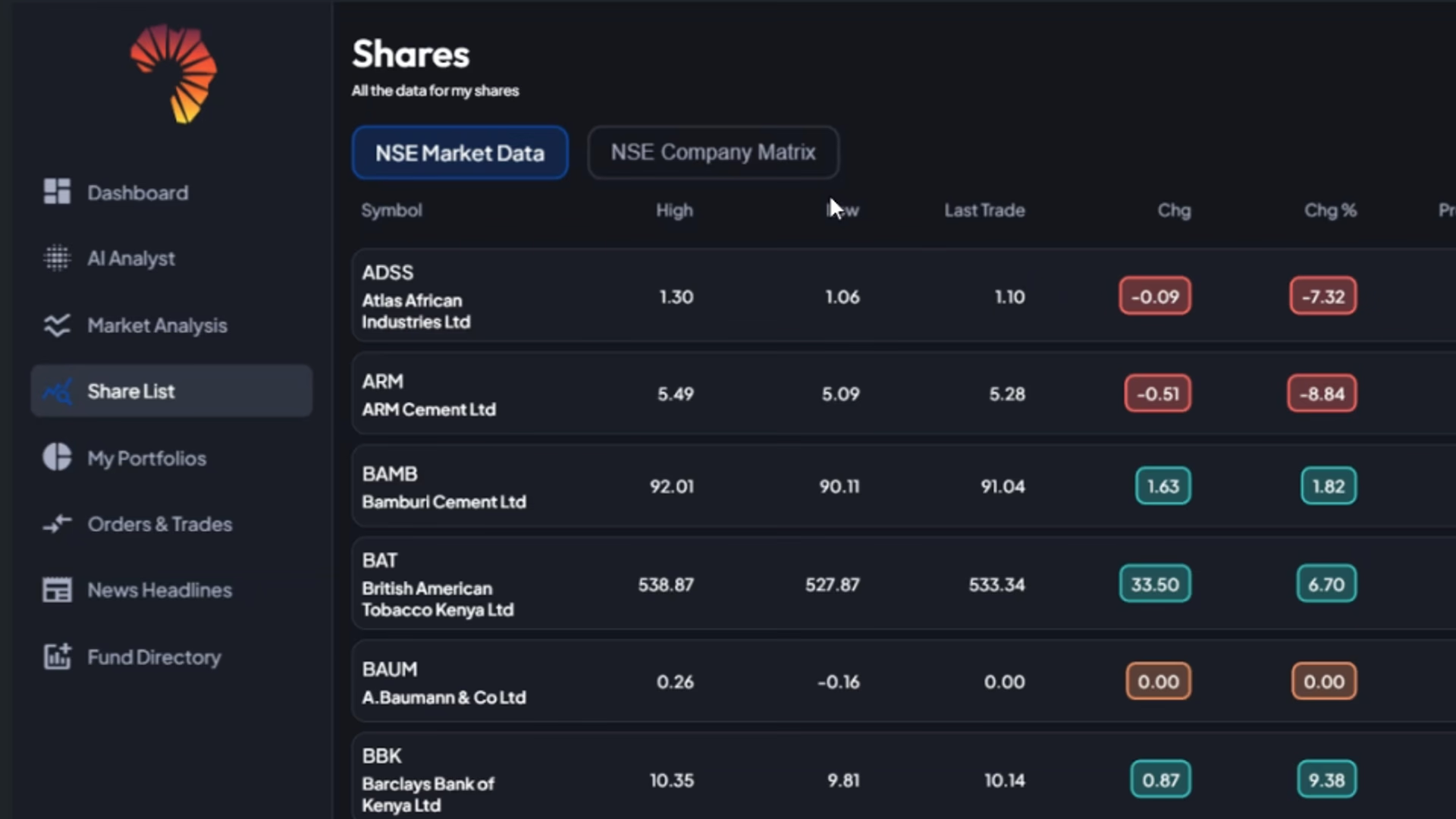West Texas Index Crude Oil has dropped to the lowest levels since 2003, below $25 per barrel. The COVID-19 is weighing on prospects for demand as people refrain from flying or driving amid lockdowns and border closures.
This, in turn, implies that oil-producing nations have come under immense pressure due to reduced sales and weaker prices. Emerging markets such as Nigeria have been hard hit bringing the local currency under pressure forcing the Central Bank of Nigeria (CBN) to institute measures to prevent the naira weakening and tightening capital controls.
Analysts from Citi Research in their Africa Economics & Strategy Weekly opine that the Naira has come under pressure due to several factors; the fallback in the oil price, the unconventional monetary policy adopted by the Central Bank of Nigeria and the high level of portfolio investment in the country’s domestic debt market.
Drop in oil prices
As the COVID-19 epidemic ravages global economies there has been concerns about global growth. Therefore, the weakening oil prices will extend the impact on the Naira which has been kept in a quasi-peg since mid-2017 by the Central Bank.
Nigeria is Africa’s biggest oil producer with 37.5 billion barrels proven reserves and produces 1.99 million barrels of oil per day (bopd). Therefore, the crash in global oil prices limiting the dollar inflows has fueled speculations that the Central Bank could be forced to devalue the naira.
RELATED; Podcast; How COVID-19 is propelling Saudi Arabia vs Russia Oil Price War
Large Foreign Investor participation in domestic debt
Moreover, the naira will be under pressure given the large foreign portfolio investor involvement in the domestic debt market. The foreign investors have been selling their naira dominated domestic debt since mid-2019 mounting pressure due to reducing foreign exchange reserves. For instance, in eight months to February 2020 the gross reserves fell from $45.1bn in June 2019 to $36.3bn at the end of February 2020.
According to Gwadade, President Association of Bureaux De Change Operators of Nigeria many Nigerians and foreign investors, sensing the possible decline in the value of the naira, are moving their naira assets to dollars, to avoid erosion of value.
Central Bank of Nigeria Action
With foreign reserves falling almost 20 per cent, Goldman calculates Nigeria needs a currency almost 40% weaker if Brent prices stay at $30 a barrel.
The factors outlined have seen the Central Bank of Nigeria (CBN) work closely with fiscal authorities to analyse the impact of COVID-19. For instance, CBN issued a stern warning earlier this week to local currency dealers to desist from speculating the naira exchange rate. In addition, CBN made dollar injections estimated at $500 million to help reduce the naira losses.
RELATED
Nigeria & Ghana Follow Kenya in Launching Derivatives Markets





